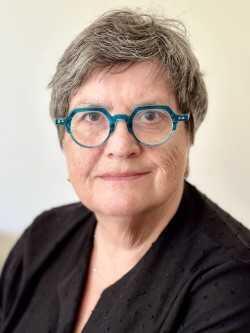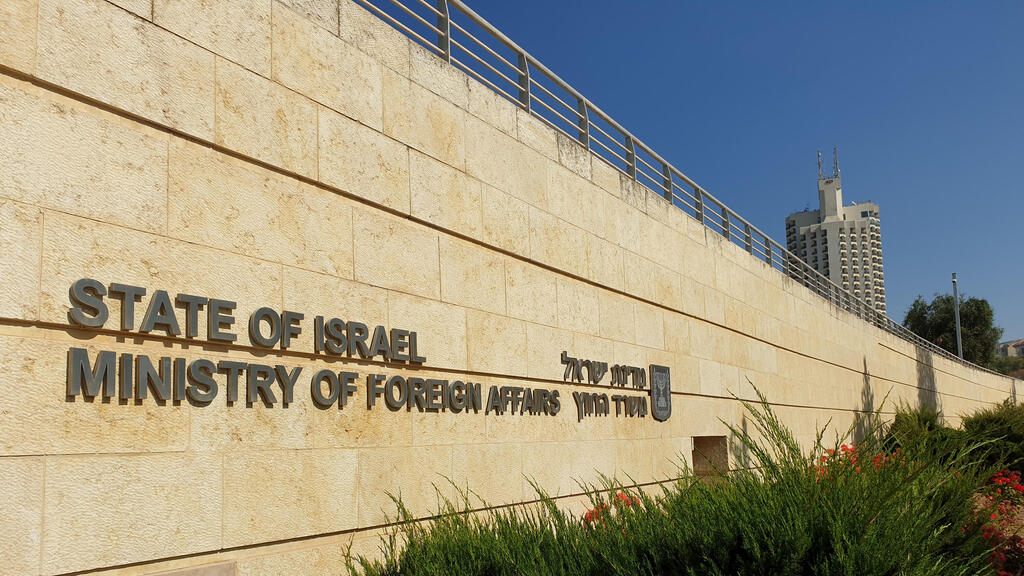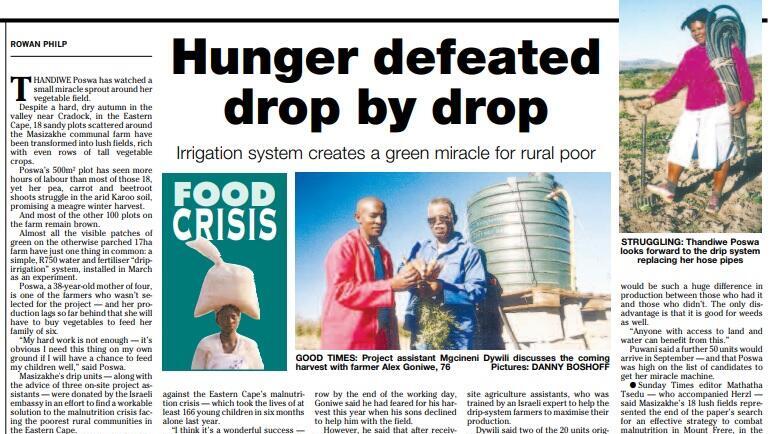We Jerusalemites are accustomed to hearing the sirens which clear the streets for the convoys of visiting VIP's, but lately their numbers have shrunk. This is yet another indication of the decline in Israel's international standing. At the same time, there have been unprecedented cuts to Foreign Ministry budgets, almost paralyzing it, and the ministry has also been hard hit by ongoing cannibalization of its responsibilities.
Read more:
Cannibalization refers to harming one unit to benefit another of the same type, and usually applies to spare parts. When a government has both a Minister for Tradition (and Jerusalem) and a Minister for Heritage, tearing bits of the Foreign Ministry in order to feed hungry politicians who are self-styled experts, is a simple yet harmful choice.
The appointment of Ron Dermer as Minister for Strategic Affairs, effectively Netanyahu's personal envoy, primarily to Washington, is not surprising. To the ongoing frustration of the capable staff in Israel's U.S. embassy, it is not the first time that our prime minister has a direct channel, regardless of title. David (Dudi) Amsalem, who is not only an additional minister in the Justice Ministry, and the minister responsible for coordinating between the Knesset and the Cabinet, but is also in charge of the Israel Atomic Agency and the Minister for Regional Cooperation. The region is the Middle East, which requires great expertise, found aplenty in the Foreign Ministry. Many of its professional staff worked in our missions in the region, including in promoting relations with countries while they were clandestine. But it is one third of a minister with no background who will handle cooperation.
Our Minister of Information Galit Distel Atbaryan says openly that it is the Jewish base which must be appealed to, thus declaring that everyone else, in Israel and abroad, is irrelevant. Finally, let us turn to Amichai Chikli, Minister for Diaspora Affairs (and responsible for combatting antisemitism) as well as Minister for Social Equality. For argument's sake, let us assume that he is most worthy. However, antisemitism has various motives and manifestations; battling it must adapt to them. There is not one person, talented as he may be, who is able to understand the situation in all locations, without having the specific information required to confront sensitive issues like antisemitism, and which is available to seasoned diplomats.
Isolation is not recommended for a country
As an example of what diplomatic work entails, let us look at a story from the Sunday Times of South Africa in 2003, then the most-read newspaper in the country (and thanks to their archive, for locating and sending). Several months before the publication of the story, the paper embarked on a fund-raising campaign to alleviate hunger in a particular region. The story announced that sums remaining after food distribution will be invested in replicating an Israeli agricultural project.
Two photos are displayed. One of an older gentleman whose brother was killed in the struggle against apartheid, and was one of the trial subjects of our project. The other shows the sparse plot of a woman who recounts her struggle to feed her four children, and hopes to be selected for the second round of the project. The road to a story like this is lined with knowledge, contacts and resources.
Around that time, my deputy Daniel Pinhassi recommended that small farms in South Africa use a simple low pressure irrigation system which Israeli companies developed for the Chinese market. We were already in touch with a Jewish woman who set up a community-focused program for blacks during the apartheid era, and her activities expanded after the regime change in 1994. Of the locations which were suggested, we picked Cradock, which has symbolic connections to the struggle. After a few trips undertaken by Daniel and a network worker, a modest and promising project emerged – the Sunday Times describes that of 120 small plots of land in the township, 18 were green, and their owners would enjoy having a second crop, to consume and to sell. Each unit cost us about $100, some 600 NIS in today's currency. When I read about the Sunday Times' fundraiser, I thought that our newish project would be suitable. I called the editor, a frequent critic of Israel, and suggested he come and see. The result is before you.
One can ask, who wants to help South Africa, critical as it is of Israel? One may think, why make an effort for a story on page 6? One may say, who cares what they think about us? But in an interconnected world, cooperation and goodwill are essential. It is worth asking Iran or North Korea, Albania of the Cold War era and South Africa during sanctions, if isolation is recommended for a country.
Bombastic statements are not enough
In order to generate goodwill, and to identify common interests and to promote them, bombastic statements are not enough. Headlines such as "I instructed," "we agreed," "I initiated" and "we signed" advance nothing. Exchanges of senior visits and ensuing press releases are worthless without the backing of staff on the ground, who are connected, deal with the preparations before meetings and keep track of implementation. Without knowledge of needs and sensitivities in each country and access to resources which will turn ideas into reality, without all this, we have a display window with no shop behind it.
Many know Israel only through the media, with all that implies. Imagine what would happen if Israel would allocate the cost of one tank each year – I dare not dream of a fighter plane – to provide more people with a closer acquaintance with our country, and to enable the Foreign Ministry to function as it ought, and as it can. This includes activities tailor-made to suit different places, known as 'soft power', which includes agricultural assistance, water planning, student exchanges, cultural activities and more.
 Tova Herzl
Tova HerzlThese are not magic solutions, but they undoubtedly yield long-term results, inter alia in trade and image. Efficient use of the ministry's loyal and competent staff will bear political fruit too – a successful press interview or discussions with academics differ by location, and the emphases in a diplomatic discussion in South Africa are different from what is required in Central Europe or North America.
Diplomacy is not an improvisation but a skill. Cutting the Ministry's budgets and handing out some of its functions to others damages the country. Despite the ongoing internal crisis, which affects our relations in the world, a suitable approach which will enable the ministry's staff to function, will benefit us all. And it might help overcome the deafening silence of the missing VIP convoys.
- Tova Herzl served as ambassador to South Africa, was the first ambassador to the Baltic countries after the breakup of the USSR, and was responsible for relations with Congress at the Israeli Embassy in Washington




